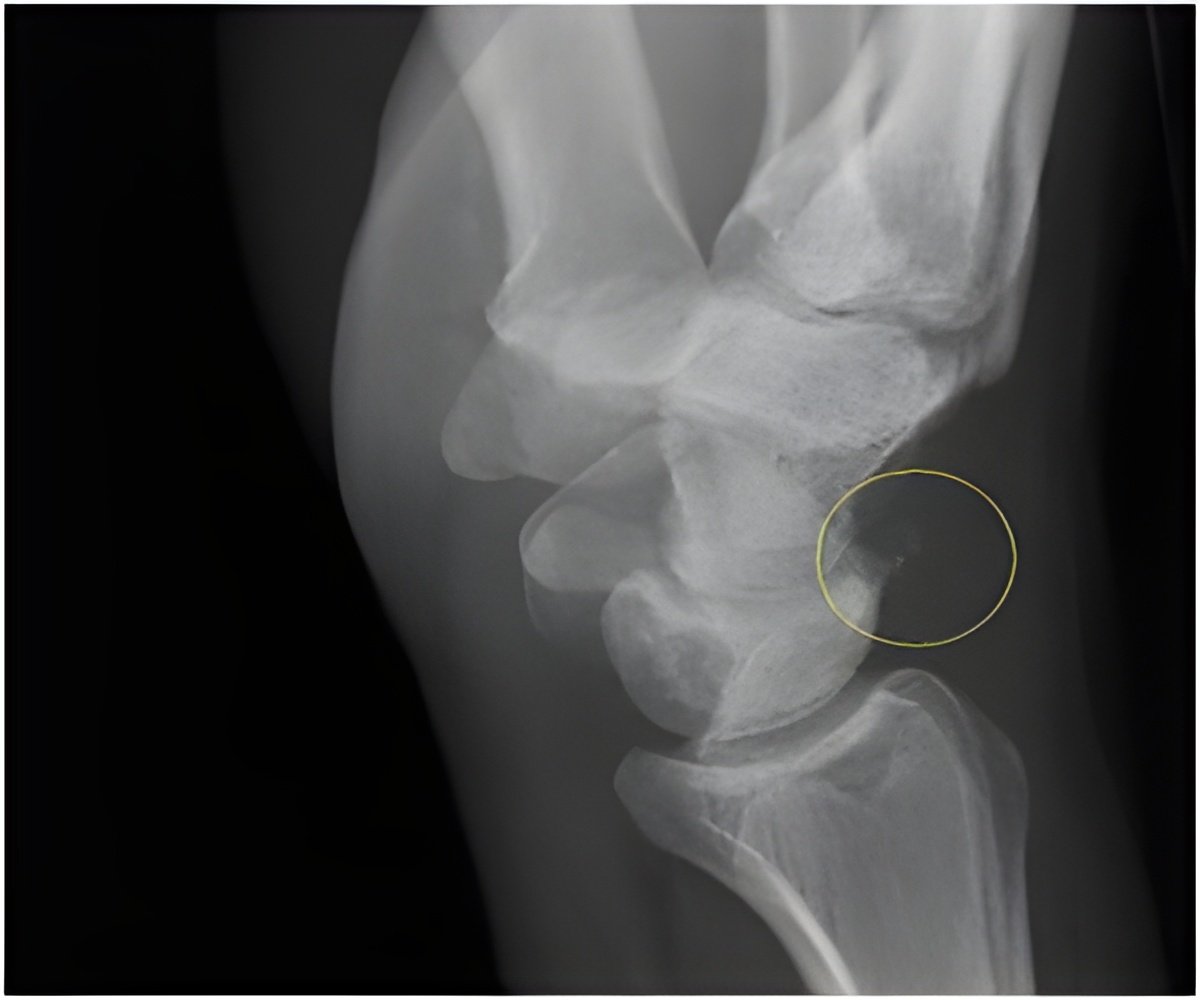
Currently the manufacturers of zoledronic acid, also called zoledronate, recommend a once-yearly intravenous infusion of 5 milligrams (mg) for prevention of fractures in people with osteoporosis. Women with mild bone loss, or osteopenia, who take the drug to prevent osteoporosis receive a 5-mg dose every other year.
The investigators randomly allocated 180 postmenopausal women with osteopenia to receive a single treatment with either placebo (an inactive substance) or 1 mg, 2.5 mg or 5 mg of zoledronate. None of the women had previously received treatment with zoledronate or any other bisphosphonate medication, according to Grey. The women had tests of their bone mineral density at the lumbar spine (lower back) and the hip before treatment and during one year after treatment.
One year after treatment, bone density was significantly increased in each of the zoledronate groups, compared with the placebo group. The percentage improvement in spine bone density was similar for each zoledronate group, according to the authors: 3.5 percent for the 1 mg dose, 4 percent for the 2.5 mg dose and 3.6 percent for the standard 5.0 mg dose.
Additionally, blood markers of bone resorption, or bone breakdown, were decreased in the zoledronate groups, compared with the placebo group.
"These results show clearly beneficial effects on bone density and metabolism from lower doses of zoledronate, administered annually," Grey said. "Clinical trials should be undertaken to determine the ability of low doses of zoledronate to prevent fractures."
Advertisement











